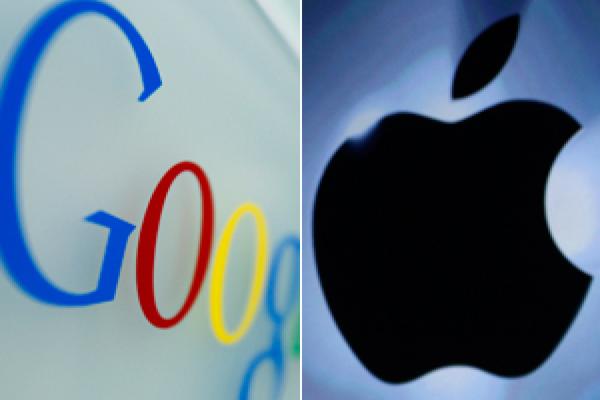Published on the 18/02/2016 | Written by Donovan Jackson

Companies focusing on developing ‘one to one’ relationships are winning an emerging battle of customer experience – but how come Apple pays so little attention to it?…
That’s a position – and question – posed by Michael Buckley, MD at Accenture Interactive ANZ. He noted that despite all the hullabaloo about the necessity to focus on developing closer relationships with customers, some of the world’s favourite brands actively seek to distance themselves. He cites Apple as an example. A fan himself, Buckley mused that the giant appears to have no interest in engaging with end users of its products. “That’s quite fascinating in the customer experience environment, particularly in today’s climate where the CMO, the CDO and the CIO have in common a link to leverage technology to create personalisation.” Chatting with iStart, Buckley pointed to the concept of the ‘flattening of privilege’ (which features in Accenture’s latest Fjord Trends 2016 report) as an example of how technology is enabling change. “Five years ago, you’d have to pay someone to find out your personal wealth status. Now you can do that yourself and manage your own money. Technology has allowed access to every type of advice that you can think of, personalised to your requirements. “It is companies which are entering into one to one conversations which are winning the battle of customer experience. But how is Apple going to compete with a company that has a conversation with almost everyone on the planet? [Google]. How does it think about the same conversation?” According to Buckley, Google’s services are for everyone; Apple’s tend to be restricted to the owners of Apple devices. Google’s services are nominally free; Apple users must spend some quite serious money to enter the walled garden. Google wants to know everything about you. Apple is happy to let you deal with the pointy end of its channel, and no more. Google is services-led, Apple is device-led. Be that as it may, “When there is a willingness to have a conversation [with all customers] it links the CDO and the CMO,” said Buckley. But there is a catch. “The cost [of mass personalisation] is astronomical. It depends on technology platforms to achieve it; that is the beauty of it, innovation and technical ability drives the potential for the marketer and the chief customer officer to execute the best possible strategy. You can do it – and that is a huge change in even the last three years.” Relevant to NZ? There are other examples, he continued. “Take skifields; by taking data from bookings and using it to identify car number plates coming into parking lots, it makes parking convenient with charges automatically allocated on entry and exit.” The point, Buckley said, is that data – particularly personal data, despite (largely unfounded – but that’s a story for another day) privacy concerns – can be cleverly used to drive up convenience, make things faster and easier, and delight customers in unexpected ways. “What it comes down to is that collaboration of the Cs; the CMO has an idea of an end-state and needs to work with the CIO and CDO to achieve the most personalised result within a reasonable cost and time.” From end state to reality And what of Apple’s ‘at arm’s length’ approach, which certainly distinguishes it in the market; does this present a risk to its business? “Absolutely,” said Buckley. “That’s not how customers today expect to be engaged with.” … It’s time for AI to go from low impact to big bang… It’s time to think horizontally, says Mitchell Pham.. It’s all about leadership… Leading genuine technology transformation… Leadership in 2021 at Australian Red Cross…
But is mass personalisation relevant in any way to companies in Australia and New Zealand? Buckley is adamant that it is (and a recent iStart feature which looked at the emergence of the CDO confirms this viewpoint). “Every business now has the ability to take advantage of innovation [thanks to cloud delivery and ‘as a Service’ models]. For example, from a government perspective, making tax invisible to citizens is a mass customisation exercise – and that’s just data. It has to be a strategy of data rather than the platform it sits on,” Buckley said.
What’s crucial, said Buckley, is to understand the end state, the outcome, and then to design for that. It’s an approach he said Accenture itself is adopting. “We’re changing our tune. We grew up as a tech business, but we’re changing to being design-led. We’re thinking about the business models, and using an Uber-like approach to optimise time and effort to achieve the end state. That links to personalisation and it is through technology that most businesses can get to that as an end point.”FURTHER READING

Stuff taking AI mainstream

Broaden your view to succeed at digital first

Cybersecurity needs health and safety mindset

REINZ’s journey to tech transformation

Cincom presents: Belinda Dimovski, Red Cross



























